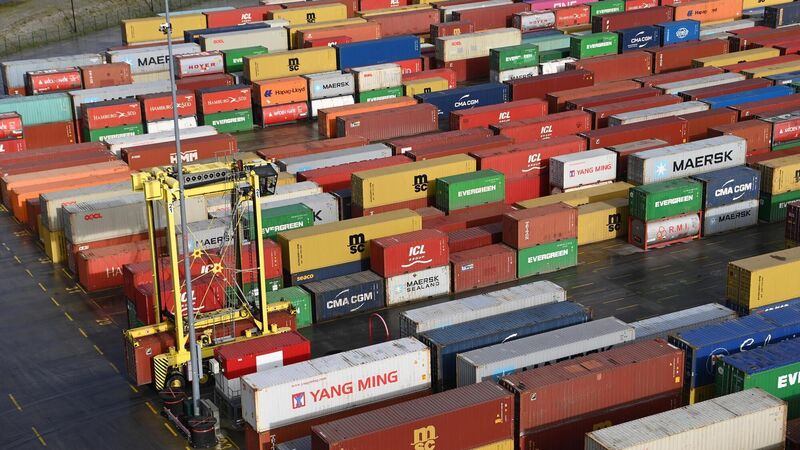How Irish industry has reacted to the tariffs announcement

'We must recognise that the USA has fundamentally changed its economic relationship with the rest of the world.' Picture Dan Linehan
The 20% tariff on European imports into the US is set to have a profound impact on the Irish economy. Business leaders here reacted swiftly to the announcement by US President Donald Trump.











